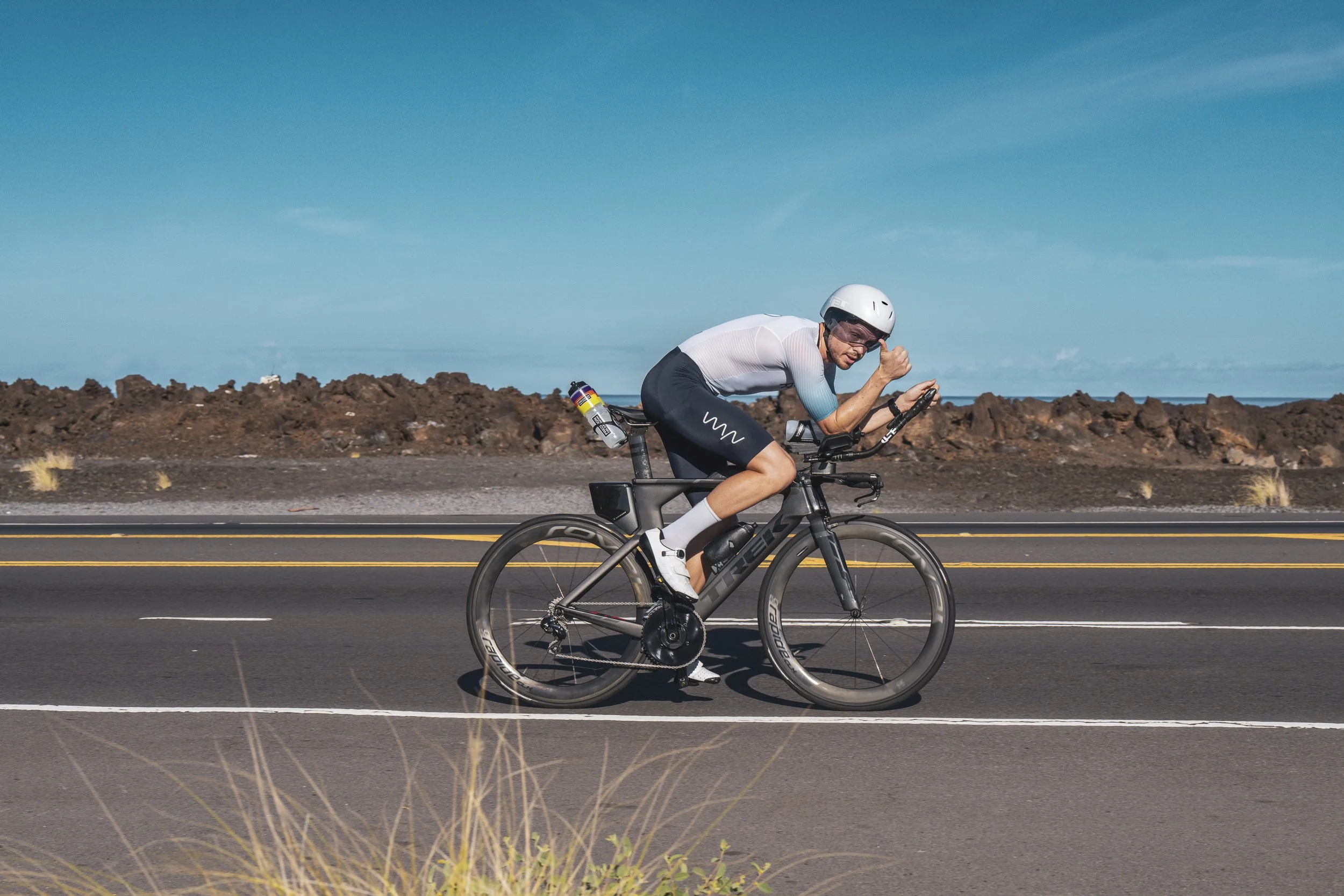How to calm the Anxious athlete brain
There are two ends of the spectrum within the types of personalities that are drawn towards endurance sports.
To explain the two ends of the psychological spectrum let’s use two hypothetical examples. ‘Reedy’ and ‘Clint. Just some random names that popped into my head. Reedy’s personality type will be the main focus of today’s Ted’s talk with ‘Clint’ being part 2.
Reedy has the classic lower baseline dopamine levels that lead to him craving dopaminergic activities. When you move your body, the brain creates dopamine and those with lower dopamine will tend to like moving a lot more than those with higher base levels. Hence, from a young age, 2 hours + of exercise or activity was not only desirable but a must to be able to focus on tasks when not moving. This is also why many like this so-called ‘Reedy’ really need activity to feel less angry, frustrated, and calm. Typically characterised by being far more impulsive than the ‘Clint’ style brain, there is a tendency for hyper focus on things that interest and a severe lack of focus on things that don’t.
Image @koruptvision
Image @koruptvision
If you’re not sure of which end of the Clint and Reedy spectrum you reside this might help if you are more towards the Reedy brain type.
Despite your best efforts, it feels like even after a big clean up your desk or wardrobe is a mess again within 2 hours.
You hit 10k steps just on work phone calls.
Superhuman focus on things that interest you but it can take an entire week to do a 15 minute task that doesn’t.
You go on multiple daily searches for your phone, wallet, and keys.
All your school reports said more or less the same thing about having potential but not paying attention or that you’re lazy.
If the conversation doesn’t interest you, you will realise that you’ve been nodding for 5 minutes and haven’t heard a single thing being said.
Perpetually dissatisfied and always chasing the next thing/level/goal.
You’re clever while simultaneously being an idiot.
In modern society, this type of brain ‘can’ make it a little harder to thrive if not directed the right way. From an evolutionary sense, both the Clint and Reedy brain types were super valuable. The hyper vigilant, anxious brain would have been always ready for threats to alert the tribe and been able to hunt most of the day. Quite helpful when a rival tribe is out to lop the heads off all your friends and family.
Of course, you don’t have to sit at either end of the spectrum and could fall anywhere in between or even have times when you’re overly wound up and your nervous system is in overdrive just for a period of time. Bringing it back to triathlon, the Reedy brain has a lot of qualities that can make for an excellent endurance athlete (as does the Clint brain in different ways). Obviously, the addiction to movement/training and the hyper focus and persistence for improving can really pay off.
There are also a lot of downsides if you can’t tap into the ‘Clint’ part of your brain that is necessary for optimal performance and life.
The most common issue is not being able to calm the hell down and quieten the brain.
‘Optimal arousal’ in sports refers to finding the sweet spot mental space to perform your best. In coaching, it’s part of the art of the job to identify whether you’re a ‘Clint’ or a ‘Reedy’ and what verbal cues will be needed to ensure they either get a little more revved up for peak performance or chilled out to lower their stress a little to allow a peak performance.
Image @theother12hours
So how should the ‘Reedy’s’ ensure their brain types' strengths aren’t derailed by their weaknesses and tap more into their inner ‘Clint’. The first big one that everyone preaches but few really do is ‘mindfulness’ (aka- mindlessness) training. The evidence is clear. Regular daily mindfulness, even 5 minutes a day trains the brain to be able to regulate when you’re revved to the hilt and there is also good evidence to support performance benefits in athletes. Even if you don’t do this regularly, please do it from 2 weeks out from an event on top of race visualisations (visualisations are a topic for another day).
One such study: The relationship between mindfulness and athletes’ mental skills may be explained by emotion regulation and self-regulation
You can buy all the gadgets, do all the supps, and chase all the 1% recovery gains but if you’re not getting adequate and quality sleep you’re really wasting your money. Sleep tips for those who struggle to fall asleep or stay asleep.
No screen lights for 2-3 hours before bed. Leave your damn phone out of the room.
Read something that is a nice escape from all the things that would typically be cycling through your brain.
No caffeine after 9 am. A recent study I’ll bring up another time showed even though people didn’t think a lunchtime caffeine hit affected their sleep, sleep studies beg to differ. The vast majority will have sleep compromised 12 hours after ingestion.
Supplements I’ve personally found helpful. Magnesium threonate (in addition to my other mag sources), daily ashwagandha and creatine twice daily.
Don’t eat processed foods and sugar with dinner or for dessert.
Ensure you’re getting enough healthy carbs, fats, and protein with dinner.
Don’t hate your brain or the brains of others. Understand that apart from the occasional serial killer most are hugely valuable to society provided they’re self-aware and encouraged to know how to mediate the extremes of their personality at the right time.
Get a leash on that inner dragon.



